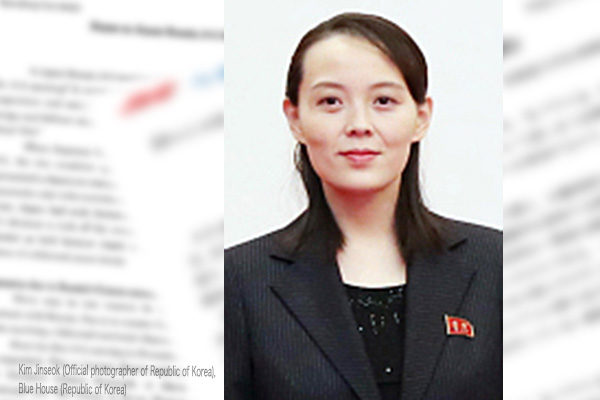“The day of the prime minister’s Pyongyang visit might come,” said North Korea’s de facto No.2 Kim Yo Jong in a statement on February 15, referring to Japanese Prime Minister Fumio Kishida. Her brother and the top leader Kim Jong Un sent a condolence telegram on January 5 over the Noto Peninsula earthquake to Kishida with the honorific title of “Your Excellency.” These moves imply that Kishida’s message of calling for negotiations on the abduction issue separately from the nuclear issue is influencing the North Korean leadership.
In October 2022, while referring to the comprehensive resolution of abduction and nuclear/missile issues, the Japanese prime minister attached the term “time constraints” only to the abduction, effectively separating the two issues. Since then, Kishida has consistently conveyed the same message.
Kishida may visit North Korea soon
I believe Kishida may visit North Korea soon. This presents a critical moment for resolving the issue of North Korea’s abduction of Japanese citizens, as he aims to secure the blanket return of all abductees.
It should not be overlooked that Kim Yo Jong’s statement quoted Kishida’s recent remarks at the House of Representatives Budget Committee. Pyongyang is even checking Kishida’s parliamentary remarks, indicating its high-level attention to Japan and its current government of Prime Minister Kishida.
“If Japan does not lay such a stumbling block as the already settled abduction issue in the future way for mending the bilateral relations, there will be no reason for the two countries not to become close and the day of the prime minister’s Pyongyang visit might come,” said Kim Yo Jong. Thus, she publicly offered to accept Kishida’s visit to North Korea on condition that the abduction issue would not become a stumbling block.
The description of the abduction issue as “already settled” is a cliché and does not have to be emphasized. This is because only Kim Jong Un has the power to reverse the description.
North Korea is facing a serious food crisis in which soldiers starve and commit robbery frequently. Furthermore, people’s longing for the South has spread widely as many have seen South Korean dramas. There were more than 100 anti-regime incidents last year, indicating a regime crisis. With China providing no grant aid, with uncertain future of arms trade with Russia, and with the complete absence of contacts with the U.S. Biden administration, Pyongyang is attracted by Kishida’s message that Japan will provide humanitarian assistance in exchange for the return of the abductees even without progress on the nuclear issue.
Japan should stick to abductees’ blanket return
The number of abductees’ parents alive in Japan has reduced to only two including Sakie Yokota, the mother of abductee Megumi Yokota. The Pyongyang leadership is aware that the future return of Megumi and other abductees after the parents’ deaths will arouse Japanese public opinion and fail to induce even humanitarian assistance, let alone large-scale economic aid, from Japan after the normalization of the relations.
It is impossible to think of a whispered scenario in which the government-identified abductee Minoru Tanaka and the unidentified Tatsumitsu Kaneda would be returned to Japan, while continuing investigations for other abductees. The association of abductees’ families and their supporting organization have frequently told the government that they would support no option other than the blanket return of all abductees. As far as I know, the prime minister and his aides are well aware of the position and have no plan to end up with the return of the two alone. There is a lot of alive information of the abductees other than the two.
North Korea tends to approach Japan only when it is in trouble, and even then, they have consistently lied. A critical moment is coming. Led by the prime minister, it’s time for an all-Japan effort to demand the immediate blanket return of all abductees.
Tsutomu Nishioka is a senior fellow and a Planning Committee member at the Japan Institute for National Fundamentals and a specially-appointed professor at Reitaku University. He covers South and North Koreas.


